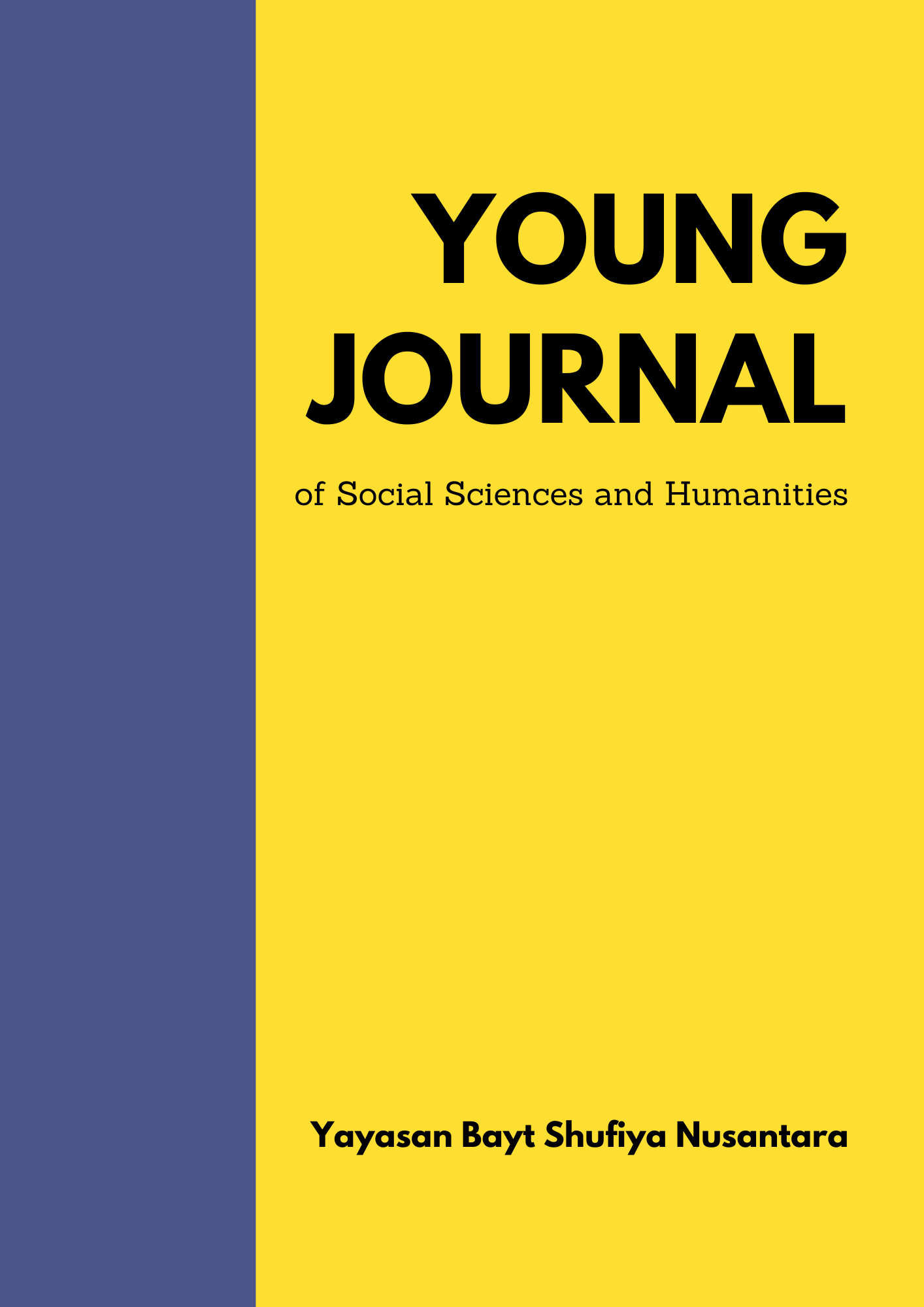Legal Review on Marriage through Identity Falsification in the Decision of the Religious Court No. 94/Pdt.G/2019/PA.TTD
Keywords:
KHI, False Identity, Marriage, Religious CourtAbstract
The Tebing Tinggi Religious Court Decision Number 94/Pdt.G/2019/PA.TTD opens an important discourse space in the study of Islamic family law in Indonesia, especially regarding the integrity of information in marriage contracts. This research uses a qualitative method with an empirical data based normative juridical approach, namely a case study of the court decision file. The analysis technique used is content analysis combined with a review of Islamic law and legislation, especially the Compilation of Islamic Law. The findings explain the existence of a man who remarried by declaring his status as a widower, even though he was still bound in a legal marriage, without permission from his wife or the court. The results show that the Panel of Judges granted the request for annulment of marriage because of the proven falsification of status by the husband, which is contrary to Article 4 paragraph (2) and Article 71 letter (b) KHI. This decision confirms that integrity and honesty in providing personal information are substantial requirements in the validity of marriage. Thus, marriages built on lies and manipulation of legal status cannot be juridically protected and must be annulled for the sake of legal protection of the injured party.
References
Dysmala, E., Meirina Djuwita, T., & Mei Utama, S. (2024). Legal certainty of decision number 719/Pdt.G/2021/PA.Pbun concerning the nullification of marriage according to Islamic syari’at. European Journal of Law and Political Science, 3(4), 39–50. https://doi.org/10.24018/ejpolitics.2024.3.4.149
Novitasari, Y., Apriliyana, D. D., Huda, M. F. R., & Solikin, A. (2021). Hukum pembatalan perkawinan karena pemalsuan identitas. Ma’mal: Jurnal Laboratorium Syariah dan Hukum, 2(6), 553–571. https://doi.org/10.15642/mal.v2i6.109
Sudarso, M. A., & Surahmad, S. (2024). Keabsahan dan akibat hukum perkawinan yang dilaksanakan dengan pemalsuan identitas. USM Law Review, 7(2), 716–728. https://doi.org/10.26623/julr.v7i2.8971
Suhendar, S., Yunus, N. R., & Rezki, A. (2022). Criminalization of birth certificate forgery in minors’ marriages. Mizan: Journal of Islamic Law, 6(1), 1. https://doi.org/10.32507/mizan.v6i1.1249
Zhu, J. (2018). ‘Unqueer’ kinship? Critical reflections on ‘marriage fraud’ in mainland China. Sexualities. https://doi.org/10.1177/1363460717719240
Demirel Ucan, A., & Wright, A. (2019). Improving the pedagogy of Islamic religious education through an application of critical religious education, variation theory and the learning study model. British Journal of Religious Education, 41(2), 202–217. https://doi.org/10.1080/01416200.2018.1484695
Downloads
Published
How to Cite
Issue
Section
License
Copyright (c) 2024 Muhammad Syukriza

This work is licensed under a Creative Commons Attribution-ShareAlike 4.0 International License.














